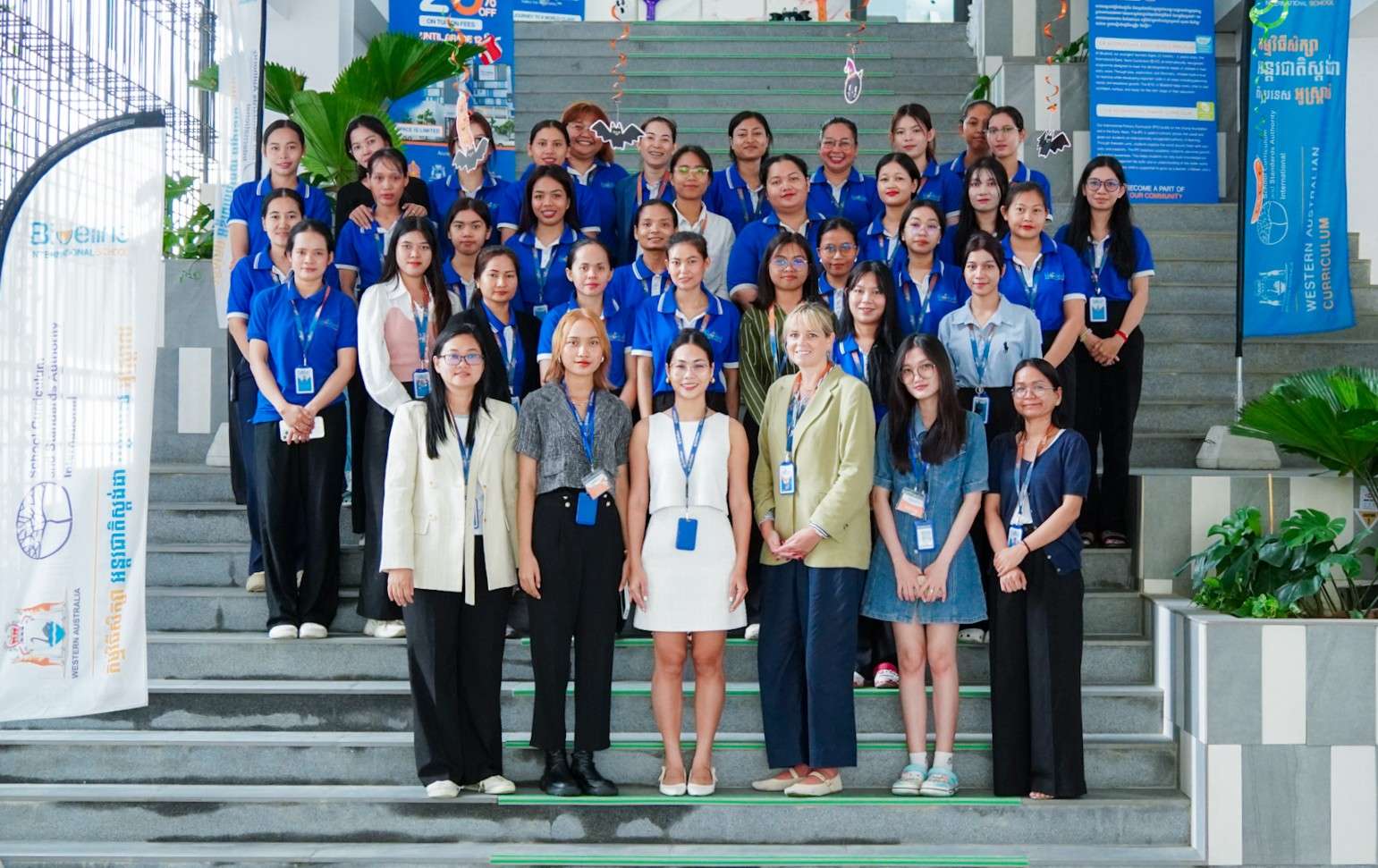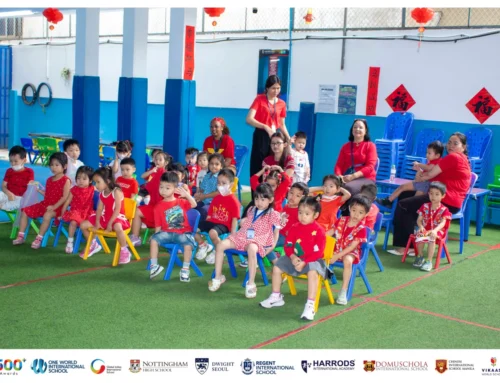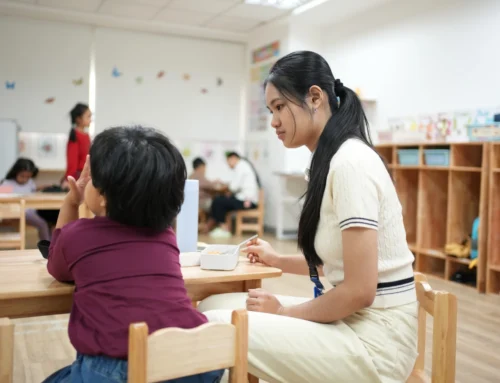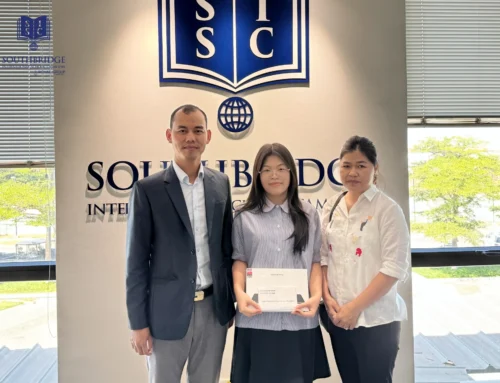Creating an inclusive learning environment begins with empowering educators. Recently, teachers at Bluebird British International School in Phnom Penh participated in a hands-on professional development workshop designed to strengthen their capacity to support young learners with diverse learning needs. The training was delivered by OrbRom Center and focused on practical, classroom-ready strategies to enhance early identification, emotional regulation, and responsive teaching.
From understanding early developmental concerns to building structured routines that help students thrive, teachers explored effective ways to support every child—particularly those who may show early signs of special needs. This growing collaboration reflects Cambodia’s continued commitment to quality education and inclusivity, helping schools adopt best practices aligned with global standards.
Recognizing Early Signs of Special Needs
Early identification can significantly improve long-term learning and wellbeing. During the workshop, educators discussed how subtle behavioural and developmental signs often appear in the early years but may be overlooked. Teachers learned how early screening, observation, ongoing documentation, and collaboration with families can help ensure children receive timely support.
This foundational knowledge is particularly important in inclusive schools like Bluebird British International School in Phnom Penh, where early intervention promotes better academic, social, and emotional outcomes.
Responding to Tantrums vs. Meltdowns
A key focus of the session was differentiating tantrums—behaviour initiated for a specific outcome—from meltdowns, which reflect emotional overload. Understanding this difference allows teachers to respond calmly and effectively.
Participants explored classroom-based approaches such as:
-
Predictable schedules
-
Sensory tools
-
Calm-down spaces
-
Co-regulation strategies
These tools not only support emotional wellness but also help children feel safe, increasing readiness to learn.
Supporting Emotional Regulation in the Classroom
Teachers engaged with practical emotional-regulation techniques designed for real-world classroom environments. Strategies included visual schedules, movement breaks, guided breathing, and peer modelling.
Emphasis was placed on small classroom adjustments that reduce stressors and support a child’s readiness to learn. Predictable routines and visual supports allow students to anticipate changes, helping them navigate transitions with confidence.
Small Adjustments, Big Impact
The training reminded educators that inclusive teaching is not about making major changes—it’s about designing classrooms where all students feel supported. By applying simple strategies consistently, teachers can create meaningful improvements in engagement and independence.
Examples explored during the workshop included:
-
Purposeful movement breaks
-
Routine-based teaching
-
Emotion-labeling activities
-
Calm corners
-
Visual learning supports
These approaches encourage participation while nurturing students’ emotional wellbeing.
Honouring the Dedication of Teachers
The event concluded with appreciation for Principal Kendall Fairburn and the entire Bluebird team. Their strong commitment to professional development demonstrates how schools in Cambodia are investing in learner-centred education.
By championing early identification and inclusive practice, Bluebird British International School in Phnom Penh continues to model how schools can evolve to support every child—academically, socially, and emotionally.
If the information about the school is not accurate and insufficient, Contact us
Do you want to register your school, Click Here







